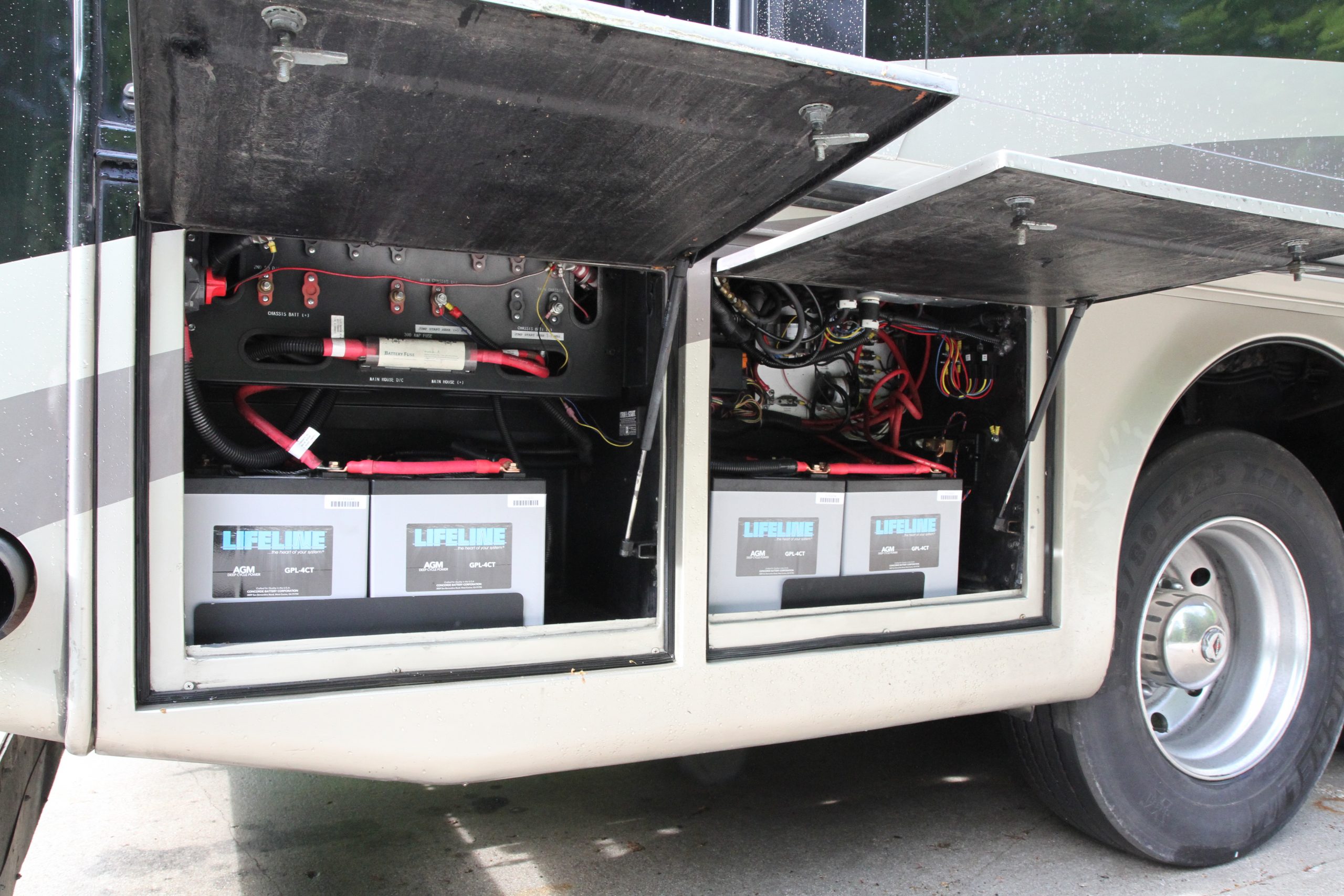RV Battery Care: Top Tips for Long-Lasting Power
Your RV battery is the lifeblood of your mobile setup, powering lights, appliances, and essentials when you’re off the grid. Taking care of it means more freedom to enjoy the road without worrying about losing power. Here’s a practical guide on how to extend the life of your RV battery, plus some handy maintenance tips and common pitfalls to avoid.
1. Understand Your Battery Type
RVs typically come with either lead-acid or lithium-ion batteries. Each has its quirks:
- Lead-Acid Batteries: These require a bit more maintenance and need to be kept at a specific charge level to avoid sulfation (crystal build-up that reduces capacity). It’s best to avoid deep discharges below 50%.
- Lithium-Ion Batteries: While more expensive, these offer a higher cycle life, are lighter, and can be discharged more deeply (up to 80% without damage). They generally require less maintenance but still benefit from proper charging habits.
Knowing your battery type helps you fine-tune care for longevity.
2. Regularly Check and Clean Connections
Dirty or corroded battery terminals can drain your battery faster than you realize. To avoid this:
- Inspect monthly for dirt, corrosion, or loose connections.
- Use a wire brush and battery cleaner to remove corrosion. A little baking soda and water mix can also help scrub away buildup.
- Secure all connections to ensure optimal charge flow, which improves battery efficiency.
3. Monitor and Maintain Fluid Levels in Lead-Acid Batteries
Lead-acid batteries require occasional topping off with distilled water to function correctly.
- Check fluid levels monthly, especially in hot weather when water evaporates faster.
- Top off with distilled water (never tap water) to just above the lead plates. Avoid overfilling, as this can lead to leakage.
- Avoid battery freezing by keeping the battery charged during storage, especially in winter months, as frozen electrolyte can damage it beyond repair.
4. Invest in a Quality Charger and Battery Monitor
A smart charger can make a massive difference in your battery's lifespan by providing the correct voltage and switching to trickle charge once the battery reaches full capacity.
- Use a multistage charger (bulk, absorption, and float stages) to prevent overcharging and extend battery life.
- Install a battery monitor to track charge levels accurately. Monitors allow you to avoid deep discharges, which shorten battery life.
- Avoid overcharging by setting alarms or reminders if your charger doesn’t automatically switch to maintenance mode.
5. Practice Proper Charging Habits
Maintaining a proper charge level is essential for longevity, particularly with lead-acid batteries.
- Charge regularly, keeping the battery above 50% capacity whenever possible.
- Avoid deep discharges, as draining below 50% (for lead-acid) or 20% (for lithium) can reduce cycle life.
- Plug into shore power if you’re at a campsite with electricity; this allows you to power appliances without relying solely on the battery.
6. Use Solar Power to Maintain a Steady Charge
Solar power can be an excellent way to keep your battery topped off, especially when boondocking.
- Install solar panels and a charge controller to provide a steady trickle charge. This keeps the battery topped off without overcharging.
- Use a solar-powered trickle charger for lead-acid batteries in storage; it can prevent sulfation by providing a slow, consistent charge over time.
Solar panels are an investment upfront but can save you money in the long run by reducing battery replacements.
7. Avoid High Temperatures During Storage
Temperature plays a significant role in battery health, with high temperatures accelerating the rate of discharge and aging.
- Store in a cool, dry place when possible, ideally between 50-70°F (10-21°C).
- Disconnect the battery during long storage periods, which prevents power-draining devices from discharging it while in storage.
- Consider removing the battery from the RV for winter storage if temperatures are extreme.
8. Avoid Common Mistakes
Here are some frequent missteps that can compromise your battery's health:
- Leaving your RV plugged in constantly: Overcharging can lead to sulfation in lead-acid batteries and degrade lithium-ion cells. Use a charger with a float mode or disconnect occasionally.
- Neglecting to charge regularly: Leaving batteries in a discharged state for long periods can cause them to die prematurely.
- Running high-powered appliances when off-grid: Air conditioners, microwaves, and electric heaters can drain the battery quickly. Use them sparingly or only when plugged into shore power.
- Skipping maintenance routines: Even low-maintenance batteries like lithium-ion need occasional care and monitoring. A simple visual check can prevent many issues.
In Conclusion
A well-maintained RV battery makes a world of difference in extending its life, saving you money, and ensuring your adventures remain powered up. By understanding your battery type, sticking to regular maintenance, and avoiding common mistakes, you can significantly extend the life of your RV battery.
When cared for properly, your battery will keep you adventuring farther and longer – because no one wants to be stuck in the dark on a great trip!


